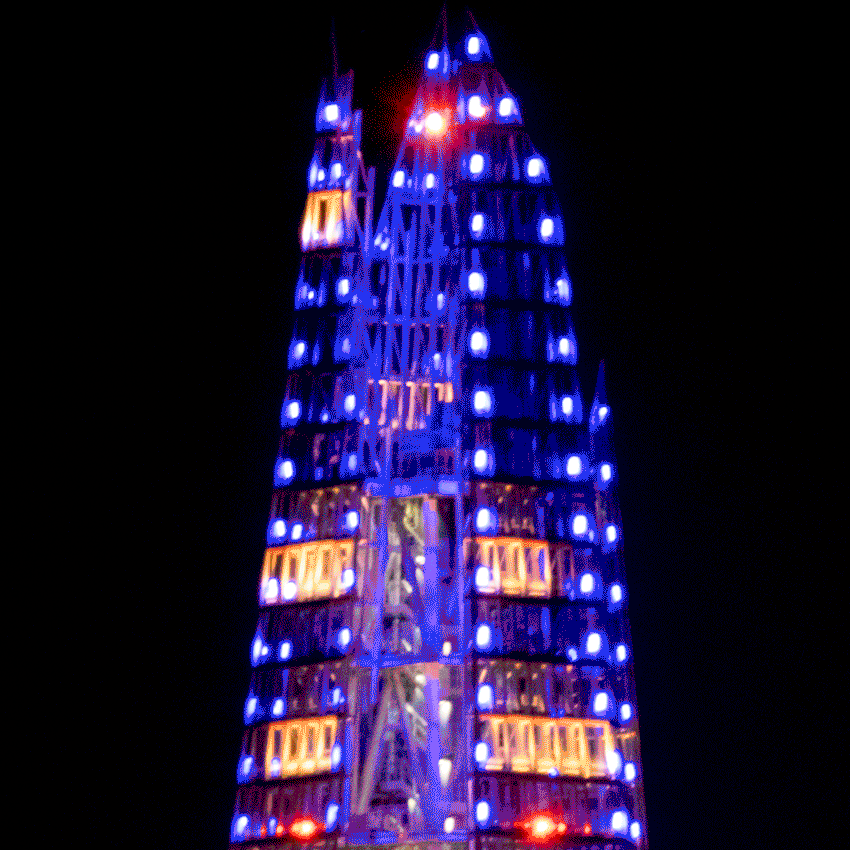
50 time lapse frames on tripod
Fuji X-T3 with MTO 11CA lens
1600 mm f/10 ISO 6400 1/4 sec
It should be a simple thing, to know which is my favourite book that I have read this calendar year.
Because I keep an idea of my favourite books over time, a relative assessment always brings with it the question of absolute best. Absolutes refer to testable truths but what is truth?
I tend to read a lot of books about science. The extraordinary thing about reading recent books on science is the number of times that you read phrases like ‘no one knows if this will prove to be the case’. I find this uncertainty very reassuring. The demand, indeed the onus, on us all is to keep reading to keep learning.
The extraordinary thing about reading books on science that were published decades or more ago is how often the knowledge contained within them is incomplete or wrong. Throughout my five decades of applied science, I have had to unlearn a lot of things. I find this uncertainty very reassuring too. A modern burden on teachers is to ensure that their lessons embrace uncertainty but their curriculae don’t handle this very well because you are being educated to be a widget.
23% VAT is a fact, was a fact, has become temporarily untrue in Ireland. There were always shades of VAT. Tax and death are among life’s few certainties. Just as urination is another, so too is entropy. You can’t have thoughts about uncertainty without your brain dealing in heat and entropy. But it’s likely you don’t know this because others decided you didn’t need to. Some thought you didn’t need to learn Mandarin either so they blocked your direct communication with billions of other people.
Such decisions by others are necessary in society because we can’t all know everything. So societies train each of us to know a little bit. And society then is the sum of the parts. The many societies are the sums of their many parts. We are all widgets in one way or another. Tax paying widget. Heart surgeon widget. Pest control widget. Grape picker. Chicken sexer. Widgets only work because they believe they are self determining.
We widgets have an extraordinary capacity for reinvention. Just like our brains are plug and play devices for sensors like touch, smell and sight, the brain can also adapt to sense sound on a tongue or distinguish day and night in the profoundly blind. We humans can learn new things.
Indeed, what’s the point if we don’t?
My 2020 short list includes books that have all been included in these journals, in one way or another. I’ll decide which is my favourite in a few days.
- Until The End of Time by Brian Greene
- Apeirogon by Colum McCann
- The Body by Bill Bryson
- Livewired by David Eagleman
- The Hidden Life of Trees by Peter Wohlleben
- I Will Never See the World Again by Ahmet Altan
Afterword: I posted the same animated gif back on October 19 and I wrote ‘The Shard Christmas displays in London in 2019 were designed by local schoolchildren. We had seen the tests over the weeks leading up to the nightly shows and I’d practiced pointing a 1600 mm lens at The Shard. This animation is made of fifty exposures, about one a minute.’

Leave a Reply